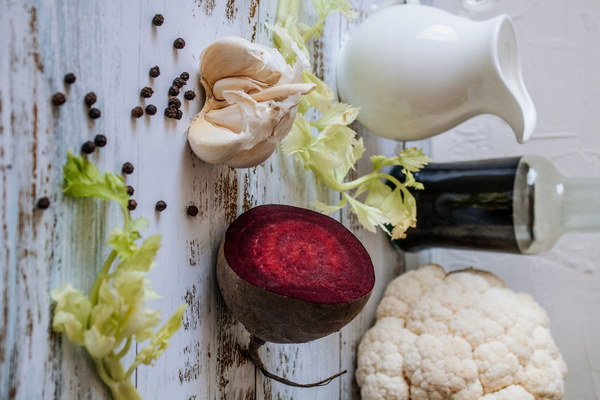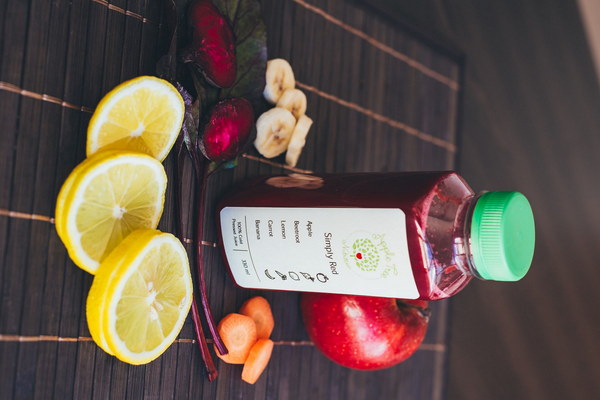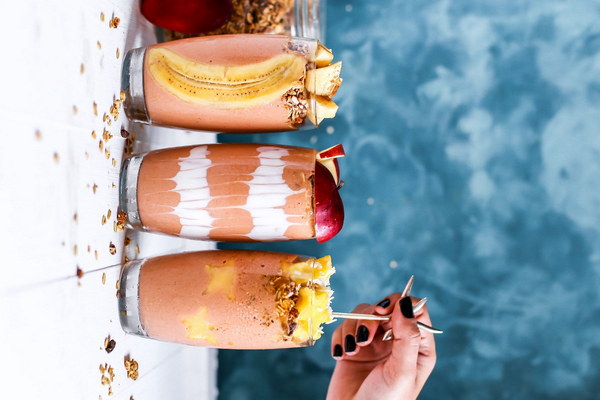The Top 5 Misconceptions About Beauty and Skincare You Need to Unlearn
In the world of beauty and skincare, there are countless myths and misconceptions that can lead to ineffective or even harmful practices. From outdated advice to trendy but unfounded claims, it's easy to get caught up in the hype and make mistakes that can negatively impact your skin's health and appearance. Here are the top 5 misconceptions about beauty and skincare you need to unlearn.
1. The Myth of No Makeup Looking Perfect
Many beauty enthusiasts believe that a flawless complexion can be achieved without makeup. However, the idea that you should never wear foundation or concealer is a misconception. While it's important to have a healthy, glowing skin, makeup can enhance your natural features and provide a protective barrier against environmental factors. Opt for a high-quality foundation that matches your skin tone and offers SPF protection to achieve a natural yet polished look.
2. The Power of Expensive Skincare Products
The belief that expensive skincare products are always better is a common misconception. While high-end brands may offer luxurious ingredients and innovative formulas, they don't always guarantee better results. Skincare is more about consistency and finding the right products for your skin type rather than the price tag. Invest in quality ingredients and look for products that have been tested and proven effective.
3. The Importance of Exfoliating Daily
Exfoliation is a key component of a skincare routine, but the idea of doing it daily can be damaging. Over-exfoliation can strip your skin of its natural oils, leading to dryness, irritation, and even increased oil production. Aim to exfoliate 2-3 times a week using a gentle, chemical exfoliant like glycolic acid or a physical exfoliant like a konjac sponge. Always follow up with a moisturizer to replenish your skin's moisture barrier.
4. The Truth About Retinoids
Retinoids, such as retinol, have been a staple in skincare routines for decades. However, the misconception that they are suitable for all skin types and can be used every day is unfounded. Retinoids can cause irritation, redness, and peeling, especially for sensitive skin types. Start by using a low concentration and gradually increase the frequency as your skin adjusts. Always use sunscreen during the day, as retinoids can make your skin more susceptible to sun damage.

5. The Idea of a One-Size-Fits-All Skincare Routine
Believing in a universal skincare routine is a misconception that can lead to ineffective and potentially harmful practices. Each person's skin is unique, and it's important to tailor your routine to your individual needs. Consider factors such as skin type, age, lifestyle, and environmental factors when creating your skincare routine. Consult with a dermatologist or skincare professional to determine the best products and practices for your skin.
In conclusion, beauty and skincare are complex subjects with many misconceptions. By understanding the truth behind these myths, you can make more informed decisions and create a skincare routine that will keep your skin healthy, radiant, and beautiful. Remember, the key to successful skincare is finding the right products, maintaining consistency, and being patient as your skin adapts to new treatments.









